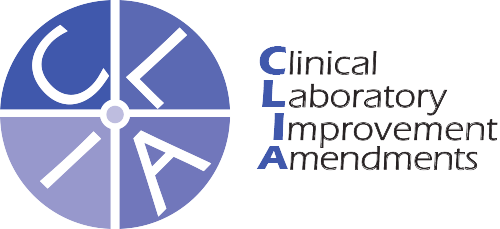Your Questions answered
Frequently Asked Questions
Pharmacogenomics testing is the testing of certain genes to detect gene variants that determine how individuals may react to specific medications. With pharmacogenomics testing insight, healthcare providers can optimize medications to reduce the risk associated with Adverse Drug Events (ADEs).
Yes, you need a healthcare provider who is licensed and able to write a prescription (e.g. MD, DO, NP, PA) to complete the test order. We would be happy to direct you to a healthcare provider should you require one.
Two million, two hundred thousand (2.2 million) serious adverse reactions occur per year, according to a report published by the Journal of the American Medical Association report. These ADEs lead to approximately 1.3 million emergency room (ER) visits per year, and $3.5 billion excess spend of medical costs.
FlexHealth currently offers pharmacogenomics (PG) testing that identifies gene variants that influence drug metabolism and efficacy. Over 200 drugs now include pharmacogenomics information and the breadth of coverage continues to grow.
Examples of genes targeted by the FlexHealth pharmacogenomics (PG) Panel include:
• CYP2D6 is the best-studied drug-metabolizing enzyme and affects 25% of all prescription drugs.
• CYP2C9 acts on 15% of drugs in clinical us
• CYP2C19 acts on 15% of drugs in clinical use
You and your healthcare provider will receive a comprehensive personalized genetic profile report that provides information on potential drug-gene interactions.
Pharmaceutical companies routinely use pharmacogenomic (PGx) tests in clinical trials to identify and exclude people for whom the drug will be dangerous or ineffective or to better understand the efficacy of their clinical drug candidates. Medical centers around the world are using PGx tests on patients to avoid serious drug side effects and achieve more efficacious prescribing. PGx testing is a crucial part of precision medicine, and with our patient/provider-friendly report, you can have a more informed discussion about your medication program.
Commercial insurance coverage is limited but varies by plan and provider. They may cover PGx testing in some diagnostic situations including adverse drug reactions or lack of response to medication, pain management, cancer management, and management of many co-morbid conditions.
PGx testing is not available for patients with stem cell, bone marrow, or liver transplants as results may not reflect your current drug response. Please consult your provider for guidance. For more information please see link below:
GINA is a U.S. federal law that protects against genetic discrimination in the workplace and through one’s health insurance. It also safeguards individual and family privacy of genetic information. With new advances in science, technology, and data management, GINA plays a vital role in establishing a baseline of protection for all Americans against discrimination. See links below for additional details.
https://www.eeoc.gov/statutes/genetic-information-nondiscrimination-act-2008
https://www.genome.gov/about-genomics/policy-issues/Genetic-Discrimination
FlexHealth is committed to protecting your information. Our Privacy Notice described how medical information about you may be used and disclosed and how you can get access to this information. Read the HIPAA Notification
Life is complicated. Healthcare shouldn't be.
FlexHealth allows you to learn which medications and doses work best for your genetic makeup so your doctor can optimize your healthcare.
Looking for more Information?
We’re here to help and answer all your questions!
Contact us today for more information about FlexHealth.
1275 Kinnear Rd
Columbus, OH 43212
1-833-353-9010
(614) 453-1310
Order a Kit
FlexHealth allows you to learn which medications and doses work best for your genetic makeup so your doctor can optimize your healthcare.



